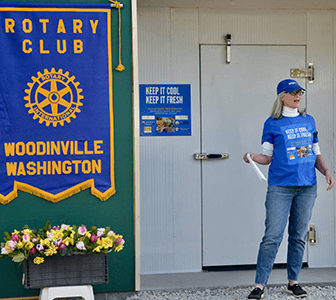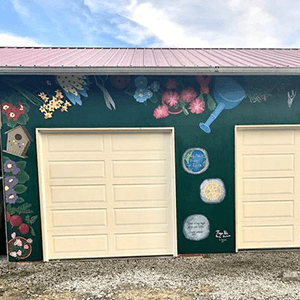Environment
Since the inception of the Rotary Club of Woodinville in 1987 we have been stewards and champions of the environment through various local and international projects. Our current efforts focus on leading with our voice, volunteers and community connections to amplify existing environmental projects with a focus on making it easy for community members to act on their topic of interest.
If you are interested in working with us on an environmental project, we are identifying topics of interest to the community and would love to hear from you at club@woodinvillerotary.org.
Partners in Pollination
Pollinators play a vital role in the health and stability of ecosystems on a local and global scale. When thinking about pollinators one might think of bees alone, but pollinators can be bees, butterflies, birds, bats, or any small animal that transports pollen. When considering the services they provide and the role they play in biodiverse ecosystems, it is clear that supporting pollinators is in our best interest. We are leading a program to place pollination friendly wine barrel planters throughout our community to increase pollinator health and habitat and getting word out out to the community on plant pollinator-friendly plant species.
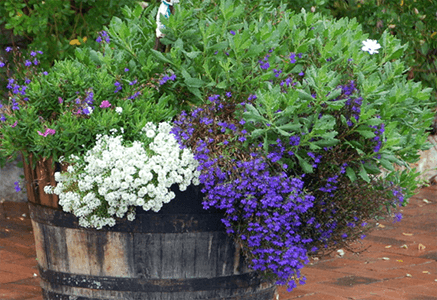
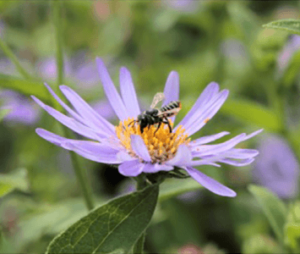
Earth First and Climate Smart Farming
Woodinville Rotarians are taking steps to affect climate change through soil regeneration and by supporting small local farmers in the Sammamish River Valley. Through supporting regenerative agriculture and organic farming Rotarians understand that the whole world is our backyard. We see the effects of climate change are are taking action by coming up with projects, using our connections to change policy – and planning for the future.
Fellow Woodinville Rotarian Erv DeSmet lead the way by providing funds for a walk behind tractor to increase productivity, rejuvenate soil health and eliminate noxious weeds on the farmland further enabling sustainable crop growing for local markets.
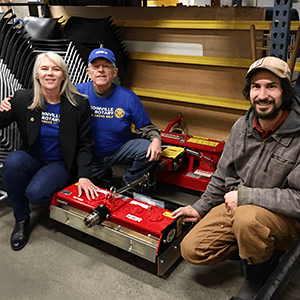
Cold Storage
Woodinville Rotarians are taking steps to affect climate change through supporting small local farmers in the Sammamish River Valley by raising funds and building a cold storage facility to preserve fresh food longer so that it can get to those in need.
